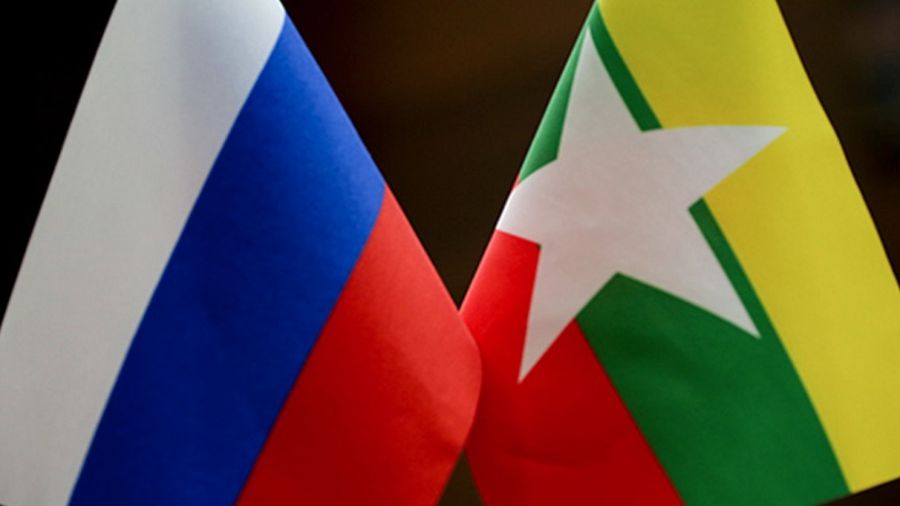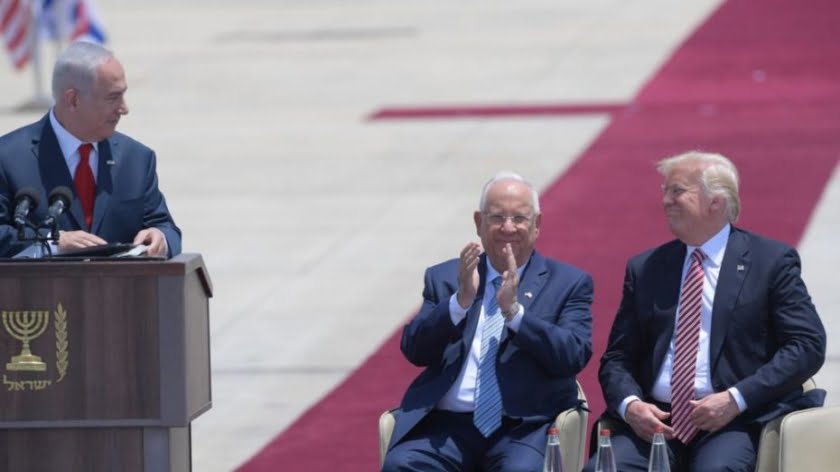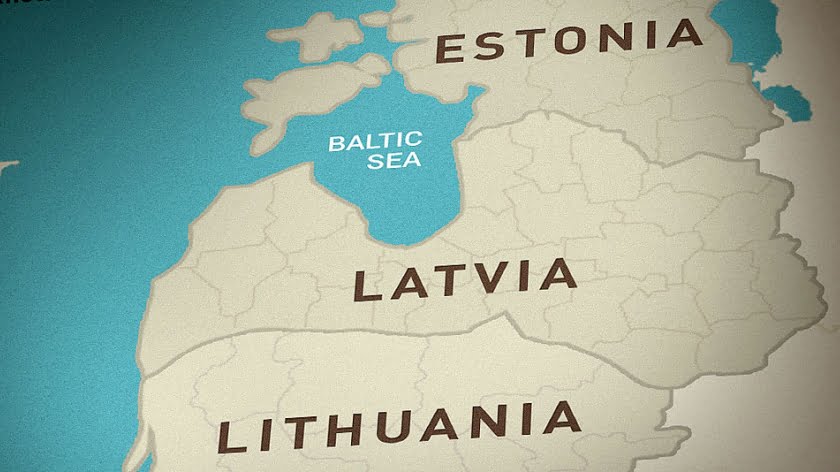Here’s How the Russian-Myanmar Strategic Partnership Can Stabilize the Latter’s Region
Russia’s military, economic, strategic, and potentially even diplomatic support for Myanmar (the latter referring in this context to it possibly mediating the Rohingya dispute with neighboring Bangladesh) can combine to create effective “Democratic Security” outcomes for stabilizing this geo-pivotal state at the crossroads of South and Southeast Asia, which will in turn accelerate the global systemic transition to multipolarity and consequent decline of America’s unipolar hegemony.
Myanmar Prime Minister Min Aung Hlaing told Russian media during his attendance at this year’s ongoing Eastern Economic Forum (EEF) that Moscow can help stabilize his homeland’s region through military-strategic means without having to set up bases there. His exact words that he was quoted as saying were that “Russia is our friend, and we can find other opportunities for cooperation, including in defense. It is not necessary to create some kind of base, there may be other forms of cooperation to stabilize the situation in the region.”
Some background information is required in order to for the reader to better understand the means through which this proposal could play out. First, “Russian-Myanmar Relations Are A Key Part Of Moscow’s Grand Strategy Towards The Global South” like the author explained in early August. Basically, ties with Moscow help Naypyidaw avert the scenario of potentially disproportionate dependence on neighboring Beijing as well as Delhi, all while keeping Washington (which whom it pursued an ultimately failed rapprochement over the last decade) at bay. In turn, Russia secures a reliable ASEAN ally.
Second, their strategic partnership is comprehensive and takes many forms, though the most crucial is their military ties. “Putin Explained The Role Of Russia’s Military Diplomacy In Strengthening Multipolarity” in mid-August, which boils down to maintaining the balance of power between competing pairs of states through arms sales so as to simultaneously reduce the odds of one feeling emboldened to unilaterally disrupt the status quo while also subsequently improving the odds of a political solution to their disputes. In the Myanmar context, this is relevant vis a vis Bangladesh per the Rohingya issue.
Before addressing that dispute a bit more in detail, it should also be noted that Russia’s military cooperation with Myanmar helps deter the scenario of a conventional American attack and/or invasion of this geostrategically positioned state that regrettably has the ignoble distinction of having the world’s longest-running civil war. Furthermore, by bolstering the military capabilities of the Tatmadaw (the local name for Myanmar’s powerful armed forces), Russia assists its partner with ensuring “Democratic Security”, which refers to defending itself from Hybrid War threats.
About that, the central government must maintain its military edge on the battlefield in order to force the armed opposition (which is at the very least politically backed by the US and might even be covertly armed by it via neighboring Major Non-NATO Ally Thailand) to peace. It therefore follows that the military dimension of the Russian-Myanmar Strategic Partnership balances Bangladesh, deters the US, and brings this ASEAN state closer to finally ending its long-running civil war, all three of which indisputably help stabilize this crucial corner of Eurasia.
Moving along to the Rohingya dispute, it’s admittedly very complicated but can be over-simplified as the combustible combination of previously unaddressed historical, military, political, and social problems. The Muslim minority of northwestern Rakhine State considers themselves closer to their Bangladeshi neighbors than to Myanmar’s majority-Bamar population and have thus occasionally agitated for autonomy or even outright separation (the latter of which could predictably lead to being incorporated into Bangladesh).
Bestowing a separate administrative-political status to one of Myanmar’s many ethno-regional and religious minorities could catalyze the “Balkanization” of the so-called “Southeast Asian Yugoslavia”. With this credible worst-case scenario in mind, the Tatmadaw showed zero-tolerance for those Rohingya terrorist groups that popped up during the last decade to wage Hybrid War against this diverse state. Many civilians feared that they’d be caught in the crossfire or possibly face retribution from the state afterwards, however, hence why over a million fled to neighboring Bangladesh.
They remain there to this day since Myanmar regards most of them as illegal immigrants who should never have settled in northern Rakhine State in the first place while Bangladesh won’t give them citizenship, which thus makes them stateless. The issue remains a major fault line between those two neighboring countries, one that could be exploited by terrorist groups and/or third parties like the US. For this reason, it’s absolutely integral to resolve this ultra-sensitive and multi-sided dispute so as to sustainably ensuring lasting peace and stability at the confluence of South and Southeast Asia.
To that end, Dhaka suggested in summer 2021 that Moscow consider mediating between it and Naypyidaw after Beijing’s related efforts over the past few years didn’t bear any tangible fruit. Russia reportedly didn’t commit to this, but it also at the same time didn’t outright reject it either. The Kremlin must carefully balance ties between its close Bangladeshi and Myanmar partners, especially when dealing with this sensitive dispute, exactly as it must do the same regarding Ethiopia, Sudan, and Egypt when it comes to their equally sensitive dispute over the Nile River.
The global systemic transition to multipolarity is proceeding apace, but while it provides plenty of opportunities for peace and cooperation between Global South countries, it also risks exacerbating preexisting conflicts inherited from the brief period of US-led unipolarity. That explains why Russia is very careful in how it deals with sensitive disputes between some of its closest partners like the parties that were touched upon in the preceding paragraph. It remains to be seen whether Moscow will mediate the Rohingya issue or not, but even if it doesn’t, then it can still help in another way too.
Apart from its military diplomacy with Myanmar balancing Bangladesh, improving the Tatmadaw’s anti-terrorist capabilities against related Rohingya groups, and deterring the US from conventionally attacking the country on this pretext, its energy diplomacy can also play a positive role. Myanmar is seeking to open direct flights with Russia for the implied purpose of facilitating the plans that its Minister of Investment and Foreign Economic Relations shared during this week’s EEF for encouraging more Russian investment in his country’s energy industry.
Although it won’t happen right away, increased Russian investment in that sphere could lead to more revenue for Myanmar’s central government, some of which Moscow’s “Democratic Security” strategists could advise Naypyidaw to reinvest in the sustainable socio-economic reconstruction of northern Rakhine State and other minority-majority regions of the national periphery. The purpose behind doing so would be to address some of the root causes that in certain cases lead to the organic cultivation of anti-state sentiment without any foreign forces having to meddle or mislead the locals.
Of course, there will always be certain groups (whether described as opposition/rebel/terrorists/etc.) that are driven by whatever reason (ego/financial/ideology/sub-nationalism/etc.) to wage war against the central government, including in treasonous collusion with foreign powers like the US. Nevertheless, by gradually reducing the chances that they can exploit disgruntled locals as recruits and instead improving the odds that the civilian population pushes back against these groups’ anti-state efforts in partnership with the national government, “Democratic Security” can be more sustainably ensured.
Pretty much, what’s being proposed in the preceding two paragraphs is for Russia to craft and implement a comprehensive “Democratic Security” strategy with Myanmar that addresses Hybrid War threats through kinetic (military) and non-kinetic (non-military/socio-economic/informational) means. As Myanmar’s Prime Minister himself was quoted by Russian media as saying at the beginning of this analysis, Russia can indeed help stabilize the situation in his home region without setting up military bases there.
Returning back to that after having explained the several interconnected dimensions of this vision, Russia’s military, economic, strategic, and potentially even diplomatic support for Myanmar (the latter referring in this context to it possibly mediating the Rohingya dispute with neighboring Bangladesh) can combine to create effective “Democratic Security” outcomes for stabilizing this geo-pivotal state at the crossroads of South and Southeast Asia, which will in turn accelerate the global systemic transition to multipolarity and consequent decline of America’s unipolar hegemony.






